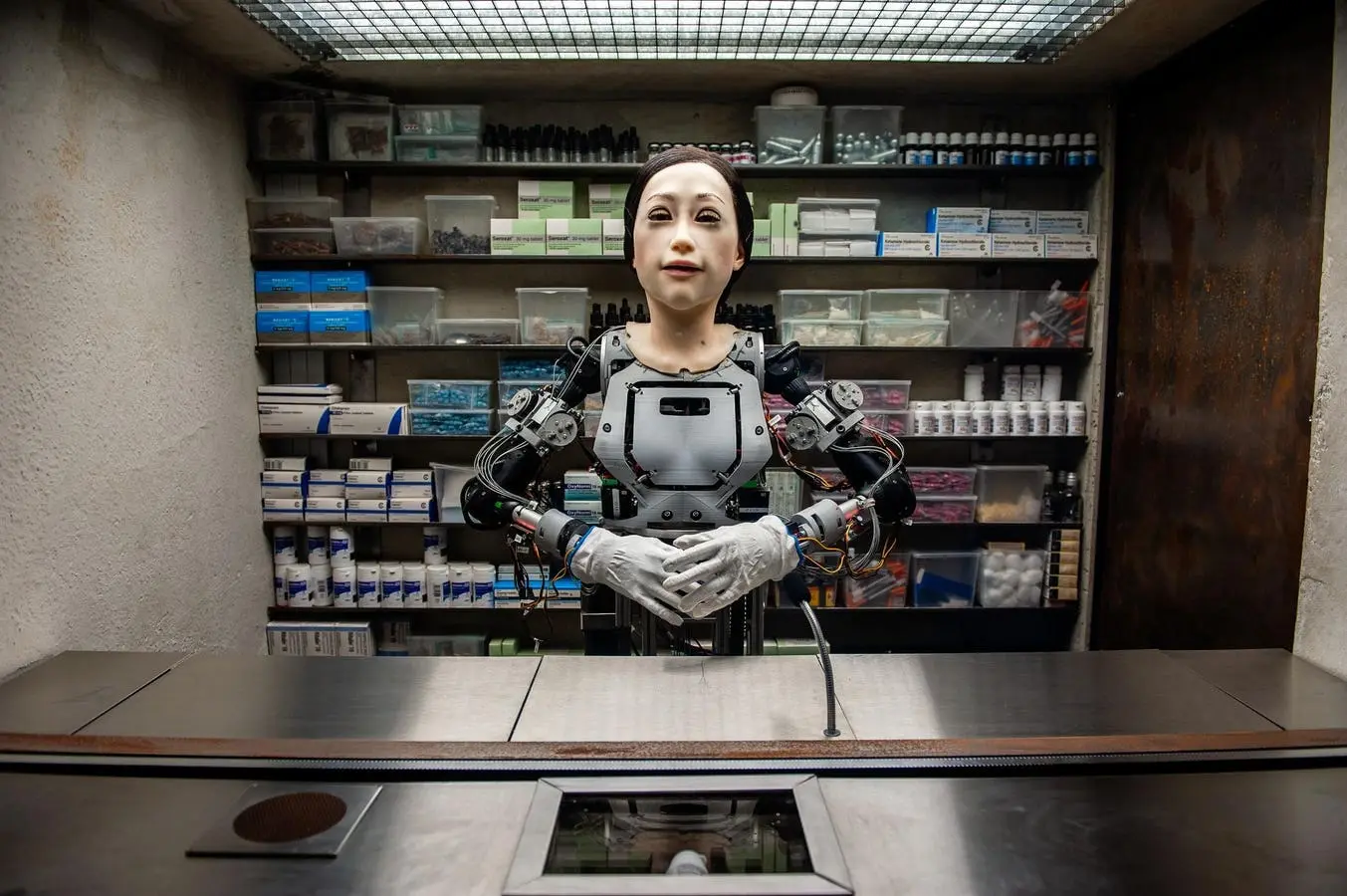
AI is revolutionizing mental health care by providing innovative solutions and support systems. Startups like ClareandMe.com are leveraging technology to offer free mental health support through various communication channels. However, the rapid advancement of AI in this field raises ethical concerns regarding data privacy and the accuracy of AI predictions.
The integration of AI into mental health diagnostics and treatment presents both opportunities and challenges. Researchers have found that AI can accurately predict mental health conditions, but there are significant risks associated with data biases and the potential for errors. As the technology evolves, it is crucial for stakeholders to collaborate and ensure responsible use of AI in healthcare.
• AI can accurately predict mental health conditions using various data sources.
• Ethical concerns arise from the rapid integration of AI in healthcare.
Construct validity assesses whether AI measurements accurately reflect the intended psychological constructs.
Data biases in AI can lead to inaccurate predictions if the training datasets are not representative.
Artificial neural networks are used in AI to predict mental health conditions with high accuracy.
ClareandMe is a Berlin-based startup providing free mental health support through AI-driven communication.
Fortune on MSN.com 8month
Isomorphic Labs, the AI drug discovery platform that was spun out of Google's DeepMind in 2021, has raised external capital for the first time. The $600
How to level up your teaching with AI. Discover how to use clones and GPTs in your classroom—personalized AI teaching is the future.
Trump's Third Term? AI already knows how this can be done. A study shows how OpenAI, Grok, DeepSeek & Google outline ways to dismantle U.S. democracy.
Sam Altman today revealed that OpenAI will release an open weight artificial intelligence model in the coming months. "We are excited to release a powerful new open-weight language model with reasoning in the coming months," Altman wrote on X.
